The Gulf States and Iran: Two Misunderstandings and One Possible Game-changer
This working paper discusses the regional rivalry between Iran and Saudi Arabia.
F. Gregory Gause, III April 25, 2016
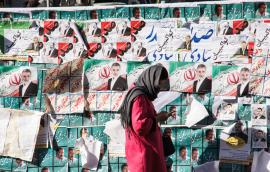
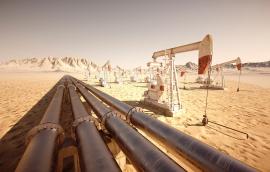
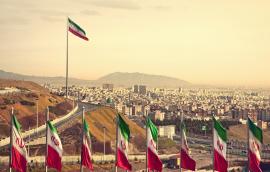

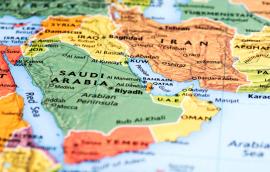
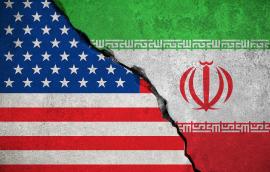



Well, the Iranian nuclear talks have been extended. Both sides in the negotiations — Iran and the P-5 plus 1 (The United…
